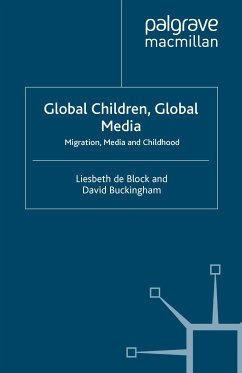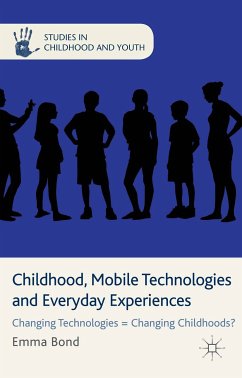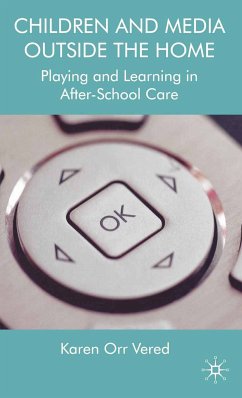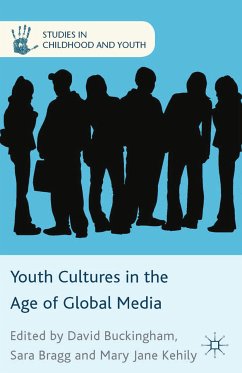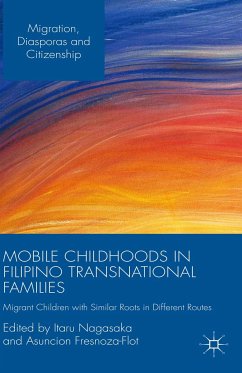Dieser Download kann aus rechtlichen Gründen nur mit Rechnungsadresse in A, B, BG, CY, CZ, D, DK, EW, E, FIN, F, GR, HR, H, IRL, I, LT, L, LR, M, NL, PL, P, R, S, SLO, SK ausgeliefert werden.
'What makes this book stand out from the crowd of other studies on media use is that it explores and analyses the experiences of immigrant children and presents these in a coherent form for the first time. The book's great strength is that it brings new evidence into familiar, and all too often abstract, discussions about culture and identity.' - European Journal of Communication

